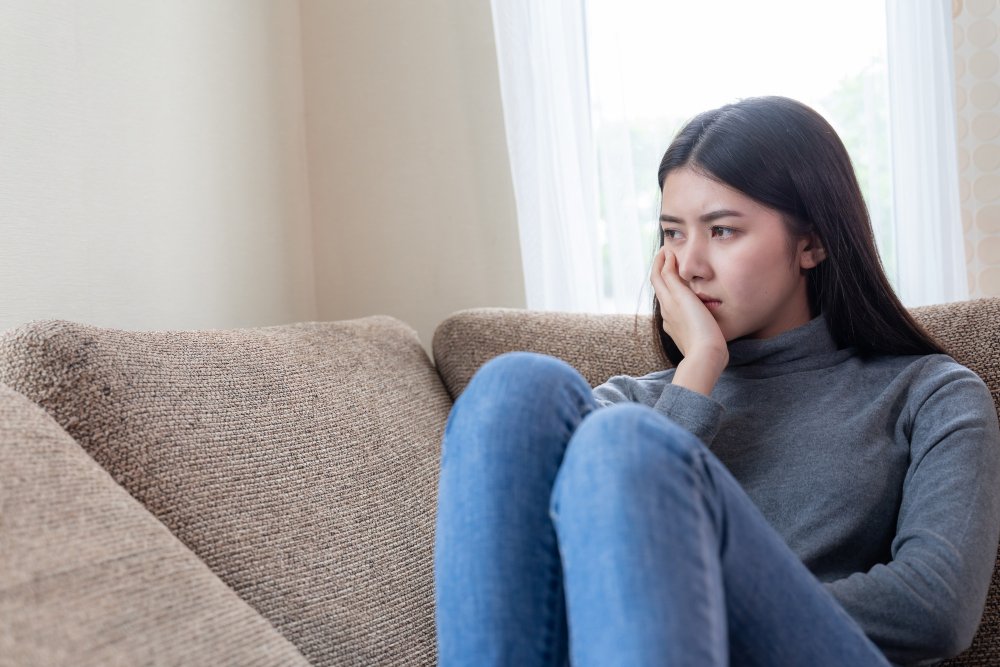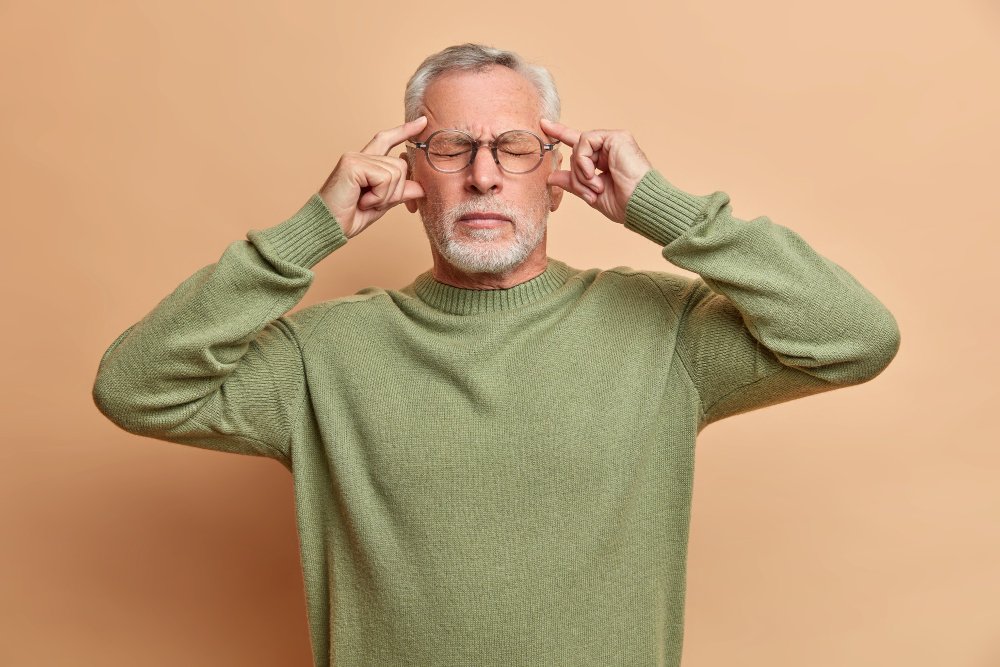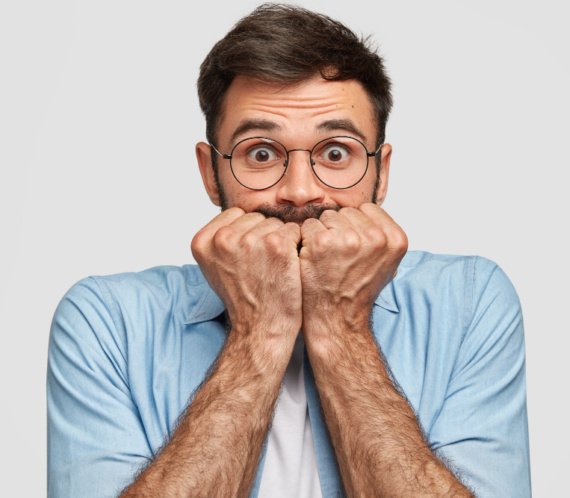Depression is one of the most common illnesses that has affected millions of people across the globe. Let us tell you; depression is not a chronic illness! It can be treated at any given time, as per the Centers for Disease Control and Prevention. Any person of any age group can experience depression. You can even read about Understand Depression in Men to know about the symptoms and other problems related to male depression. In this post, we will understand different types of depression and their definition.
Types of Depression
Although Major Depressive Disorder or MDD is the most common type of depression among people, there are other types of depression based on some specific symptoms.
- Major depressive disorder
It involved a period of two or more weeks in a depressed mood. A person tends to feel low or sad.
- Depression with melancholic
It is the same as the MDD one, but with additional symptoms like waking up earlier than usual. It is worse in the morning.
- Depression with catatonic features
Illness is the same as above, but with additional symptoms like negativism or motor immobility.
- Atypical Depression
This type of depression includes symptoms like an increased need for sleep, weight gain, increased appetite, heaviness in the legs or arms.
- Seasonal affective disorder (SAD)
This type of depression occurs corresponding to a season. It is often observed in the winter season.
MDD or Major Depressive Disorder is often referred to as “depression” and is also termed as “unipolar depression”. Bipolar depression is an illness that has the same symptoms as unipolar depression. The only difference is bipolar disorder involves maniac or hypomaniac episodes.
Symptoms of Major Depressive Disorder (MDD)
Here are some of the symptoms of major depressive disorder;
- Depressed mood and sadness
- Reduced need for sleep
- Lack of interest in activities
- Difficulty in concentrating or paying attention
- Difficulty in making decisions
- Thoughts of harming oneself
- Increased or reduced appetite

Situational depressions vs. clinical depression
The causes of clinical depression involve both environmental and genetic factors. In some cases, people tend to feel unable to cope with a life change. People suffering from clinical depression often come across depressive symptoms as well and this scenario is called situational depression. However, situational depression is not a diagnostic depression.
Depression has become one of the most widespread illnesses across the globe and it is affecting children as well. Millions of people come across this serious illness every day. We hope you got to learn all the symptoms related to major depressive disorder. If you experience any of the aforementioned symptoms, consider seeking help from a doctor. Do not hide your symptoms or resist yourself from confessing about this illness as it can affect your life along with your loved ones’ as well. For more related topics, subscribe to Natural Health Boosters.




